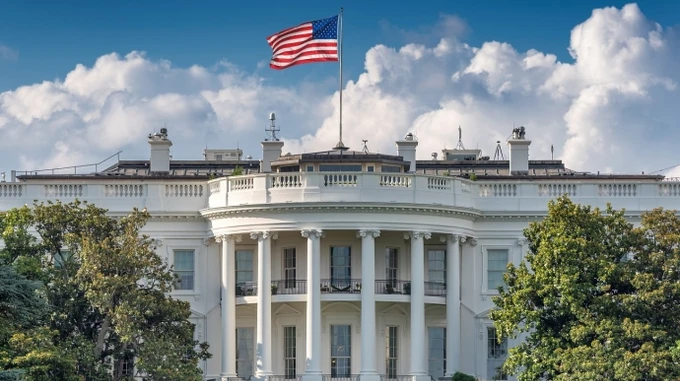Germany continues to buy Russian LNG

What is known about Germany's purchase of Russian LNG?
It is noted that in 2024, the German company Sefe purchased 58 cargoes of Russian LNG, which were delivered to the French port of Dunkirk, which is 6 times the volume of Russian LNG purchased by Germany in 2023.
Russian liquefied gas continues to be received by ports in Belgium, France, and Spain.
These countries claim to use only a small portion of the Russian gas that arrives at their ports, while most of this gas is transported to other EU countries.

In November 2024, Germany ordered its state-owned terminals not to accept direct cargoes of Russian LNG.
Germany has banned the import of Russian LNG through its ports. But the imports officially coming from France and Belgium actually consist partly of Russian LNG, effectively “whitening” the gas. The end result: all the countries involved can claim they are not responsible for the demand for Russian LNG, which is still growing, explains Angelos Koutsis, an energy policy fellow at the Belgian think tank Bond Beter Leefmilieu.
What volumes of Russian LNG are supplied to EU countries?
The report, co-authored by German environmental organizations Deutsche Umwelthilfe and Urgewald and Ukrainian NGO Razom We Stand, emphasizes that Germany still receives between 3% and 9.2% of its gas from Russia via other EU countries.
The lack of transparency in the EU's internal gas market has led to accusations between member states, which has provoked inaction on Russian LNG, as no member state feels fully responsible, the material notes.
Gas transported from Belgian ports is usually labeled as “Belgian gas” in official German databases, even though Belgium has no gas production of its own.
Sefe, which was owned by Russia's Gazprom before its nationalization in 2022, said it does not disclose sales figures and therefore could neither confirm nor deny the report's findings.
Sefe has a long-term contract with the Russian Yamal LNG project, led by Russian energy group Novatek, and may have purchased some cargoes from traders.
In October, France and nine other EU countries called for the publication of information on suppliers importing LNG from Russia and the volumes arriving at EU ports.










